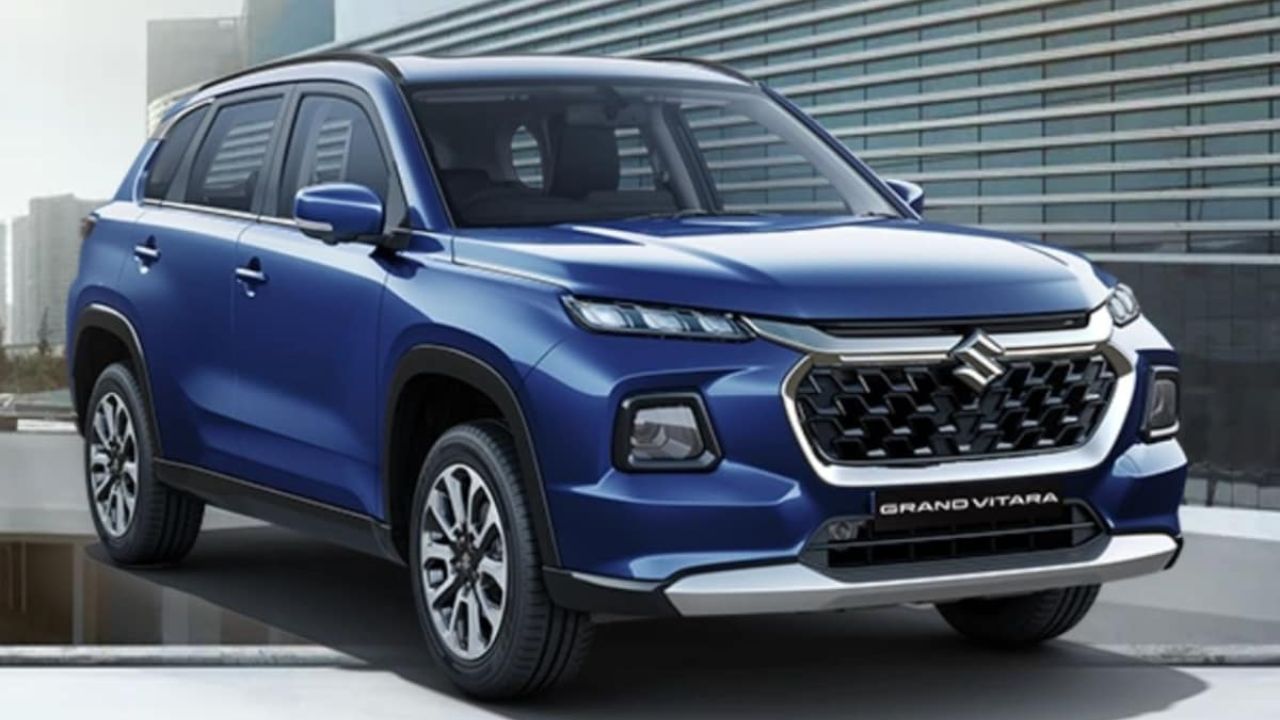 English
English

Hybrid cars have both an engine and a motor. When the car is going slowly or starting, it’s mostly driven by the electric motor. But when more speed or power is needed, the petrol or diesel engine takes over.

Hybrid cars become more fuel-efficient and cost-effective
New Delhi: Hybrid cars are becoming more popular in the Indian car market. They are now selling more than electric vehicles (EVs). In the first quarter of FY26, hybrid car sales increased by 147%, reaching 25,980 units. That's up from 10,506 units in the same quarter last year. Meanwhile, EV sales rose by 75%, reaching 40,468 units compared to 23,109 units last year.
A hybrid car uses two power sources: a petrol or diesel engine and an electric motor. This means the car can run on both fuel and electricity at the same time.
Hybrid cars have both an engine and a motor. When the car is going slowly or starting, it's mostly driven by the electric motor. But when more speed or power is needed, the petrol or diesel engine takes over.
Hybrids are more fuel-efficient and produce less pollution. Since they don't rely only on the engine, they use less fuel and give better mileage. They also pollute less because part of the power comes from the electric motor.
In most hybrid cars, the electric motor's battery is charged by the engine or through braking. This is called a self-charging hybrid. So, unlike EVs, you don't need to go to a charging station.
Experts in the auto industry say the main reason for this trend is recent changes in state government policies. These changes have lowered the cost of owning a hybrid car. According to Som Kapoor, an Automotive Partner at EY India, "The demand for hybrid vehicles is growing quickly because of incentives on the demand side.
While Uttar Pradesh has completely removed registration tax on strong and plug-in hybrids, Delhi is also looking to do the same. Customers are now seeing hybrids as a middle ground between sustainability and convenience. "
In June 2025, Uttar Pradesh became the biggest growth area for hybrid cars when it removed registration tax on strong and plug-in hybrid vehicles. As a result, sales of these vehicles in the state increased more than four times.
In the first quarter of FY25, 952 hybrid vehicles were sold, but that number jumped to 4,228 units in the first quarter of FY26. With this tax exemption, the on-road prices of these vehicles have gone down by about Rs 4 lakh.